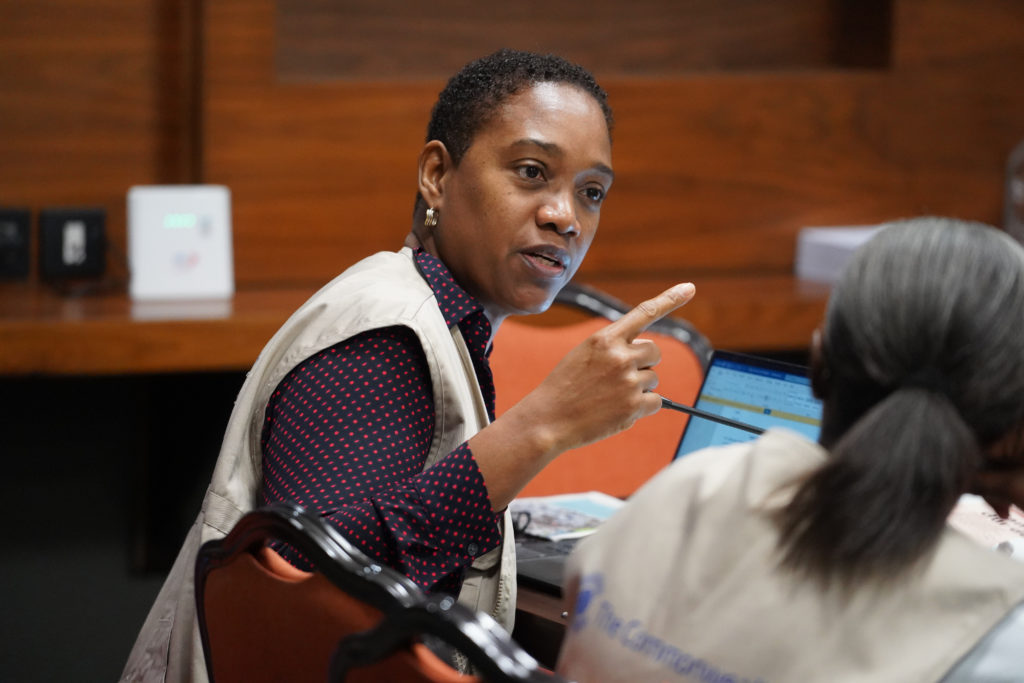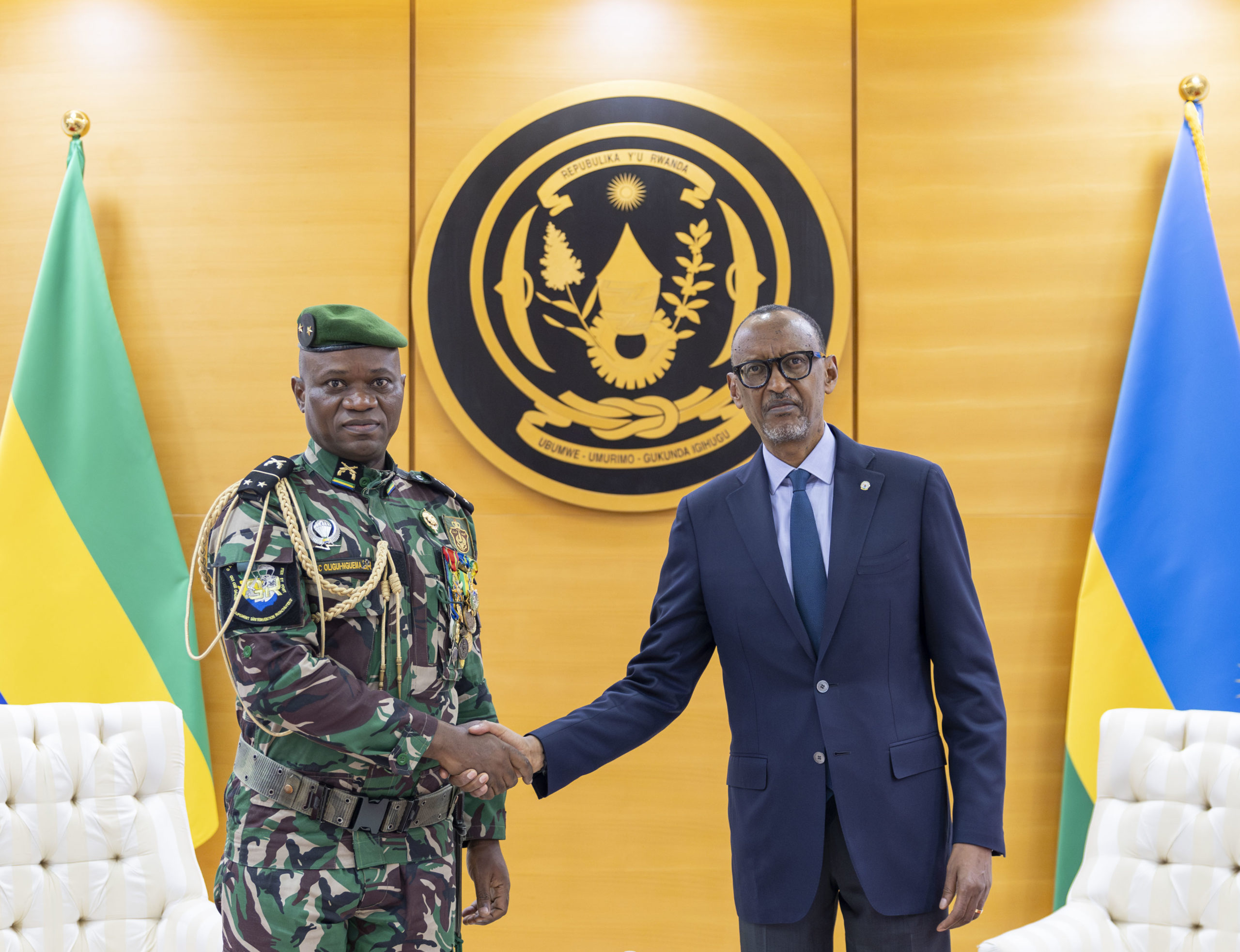Gabon 2025: Civilian Future or Military Rule Repackaged?
In August 2023, Gabon underwent a major power transition following a successful military coup d’état, the eighth in the region since 2023. The military’s government takeover ended the 55-year dynastic rule of the Bongo regime, which had faced long-standing accusations of widespread corruption and poor governance.
The coup occurred minutes after Ali Bongo, who had taken power following his father’s death, was declared the winner of the 2023 general elections, amid electoral fraud allegations by both the political opposition and the military.
General Nguema, Ali Bongo’s cousin, led the coup and subsequently declared himself as Transitional President in September 2023. While pledging to ensure a swift transition back to civilian rule, Nguema’s regime took several steps following the coup to consolidate the regime’s position of power. These included selecting and appointing all nine members of the Constitutional Court, as well as hosting a highly scripted National Dialogue in mid-2024, during which the military played a prominent role and 200 political parties were banned.
In November 2024, a referendum was held to obtain public approval for the proposed new constitution. The latter provides for a maximum of two presidential terms (extended from five to seven years in length), no prime minister, no dynastic transfer of power, and the abolition of the two round electoral system. The latter therefore lowers the threshold of popular support needed for a candidate to win a presidential election. The ratification of the new constitution was swiftly followed by the introduction of a new law that allows military figures to stand for election.
Post-coup legislative amendments have been viewed by some as means of reinforcing the authority of Gabon’s executive branch, which is already highly centralised. In addition, opposition parties and independent analysts have argued that such changes raise concerns of the military’s intention to remain in power by further eroding checks and balances on the government, which it currently controls.
These concerns are particularly pertinent given the announcement made by coup leader Nguema, who had been open about his intention to run for president since the coup, to announce his candidacy in presidential elections scheduled for April 12, despite the fact that transitional leaders are not usually allowed to run for office.
In March 2025, the Constitutional Court, the members of which were all appointed by Nguema following the coup, approved the coup leader’s candidacy, as well as the former PM. Only one of the eight presidential candidates is a woman.

Commonwealth observers in Gabon for presidential election 2025 | The Commonwealth 2025 © Flickr
Recent developments in Gabon seem to echo findings from a research paper recently published by Inclusive Peace regarding post-coup d’état political trajectories. Using comparative examples from other contexts, this research identified five medium-term scenarios following a successful military coup d’état.
One of these possible transitional trajectories suggests that, following a coup d’état, a military regime may take steps that indicate both a transition back to some form of civilian rule but also a consolidation of the military’s power.
Most often, this will manifest as the military regime following the transition plan to multiparty-elections, while trying to retain influence in the political sphere by either creating its own party or co-opting an existing party or candidate.
As such, the military regime’s actions in Gabon – organising presidential elections but changing the law in order to allow military figures, including the coup leader, to stand for president – may also be viewed in this light.
In addition, research shows that the return to constitutional order is not necessarily sufficient to ensure that a transition back to civilian rule is sustainable since the new constitution in any given context may not incorporate sufficient guarantees for civilian rule going forward. Gabon’s new constitution, in particular the extension of presidential terms and the elimination of certain checks on the President’s power such as the removal of the position of Prime Minister, may therefore prove to be inadequate for a lasting transition to civilian rule.
The outcome of, and the regime’s reaction to, the election on April 12 will provide greater clarity on the extent to which civilian rule in Gabon will be restored. It is possible that these elections will constitute an important step in the military’s promised transition back to civilian rule, while simultaneously working to better ensure continued military dominance of the political space and the Gabonian state.
Maura McGoldrick | Peace Process Support Analyst, Inclusive Peace

